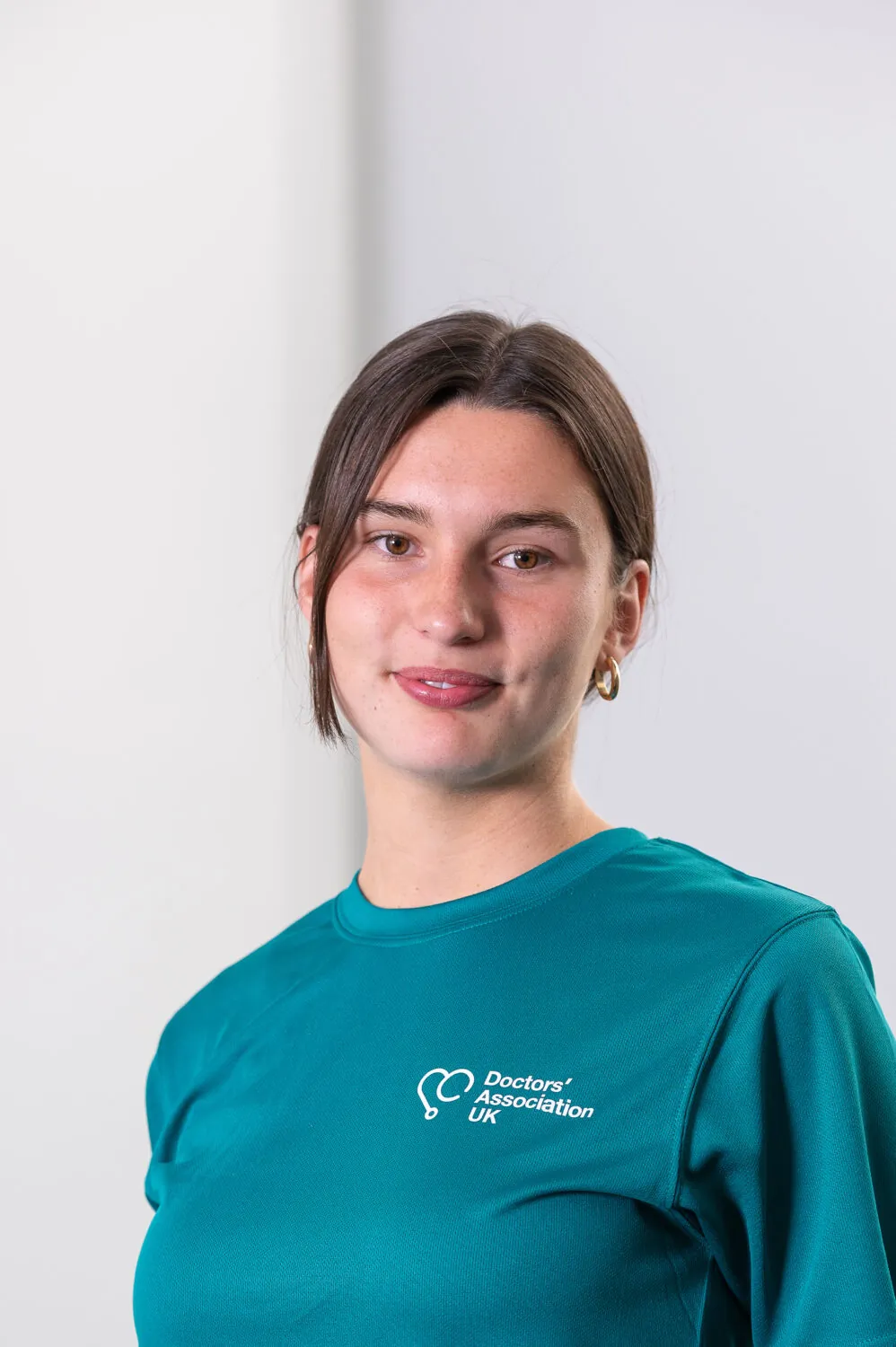Amended statement (08:45 10th July 2023) – Clarification has been made to reflect that AHPs are a separate clinical group not to be merged with MAPs such as Physician Associates. We maintain that nomenclature is important when discussing all groups within healthcare.
The Doctors’ Association UK (DAUK) was deeply unsettled to hear about the recent, devastating case of patient mortality that ensued following a missed diagnosis by a Physician Associate (PA). This unfortunate event underscores the critical necessity of clear differentiation in healthcare roles, and paramount awareness on the part of the patient about their treating practitioner’s qualifications. Our condolences go out to Emily Chesterton’s friends and family at this immensely difficult time.
Committed to a just working culture, DAUK focuses on examining the systems within which errors occur in order to enhance patient safety. In recent years, there has been a huge increase in the number of different types of clinicians working across the NHS, but particularly in general practice. General practice is a very demanding specialty, seeing a new undifferentiated problem every 10-15 minutes. Most are benign, but some are life threatening and separating these cases out, using clinical acumen, is a key skill for working in GP.
It is our view that it is not safe for the UK government to utilise any alternative healthcare provider as replacements for fully trained doctors. There is a role for allied professionals within healthcare but not at the expense of medical expertise.
Physicians Associates (PAs), while holding an important place within the NHS infrastructure, do not undergo the extensive, rigorous training nor accumulate the depth of experience that defines a doctor’s professional capacity. It is imprudent and potentially hazardous to use PAs as replacements for doctors in clinical environments. In light of this, we support calls for the title to revert back to “Physician Assistant” and insist on their consistent supervision, either direct or indirect, due to the limitations of their knowledge, time, and expertise for independent practice.
It is our belief that titles such as “Physician Associate” create misleading impressions for patients, potentially conflating the distinct professional roles of PAs and doctors. This could engender patient decisions built on misinformation, adversely affecting their healthcare journey. Similar, yet distinct, arguments can be made for Allied Health Professionals using the term ‘Consultant’.
DAUK proposes that all healthcare providers should be required to have complete transparency regarding their professional titles, qualifications, and experience during consultations. Patients should not only be informed but also encouraged to raise queries about their treatment procedures and the professionals responsible for them.
Further, DAUK urges the government to take necessary steps to reinforce the unequivocal understanding of non-doctor roles amongst patients, and mandate the disclosure of professional titles and qualifications in all consultations. We also advocate for the immediate, stringent regulation of both the medical apprenticeship model and Physician Assistants, ensuring explicit awareness among patients of their treatment by a student doctor or PA.It is our conviction that these measures are indispensable to safeguard patient welfare and ensure the delivery of the highest quality of care.
Dr Matt Kneale, DAUK Co-Chair, said:
“Rooted in our core principle of ‘Learn Not Blame’, we stand firm on the importance of drawing insights from missteps, thereby enhancing patient safety. The case in question resonates with the crucial need for greater public understanding of non-doctor roles, ensuring patients are well-informed about where their treatment is coming from. We hope that this statement helps to illuminate these issues, and foster improvements in patient safety norms.”





